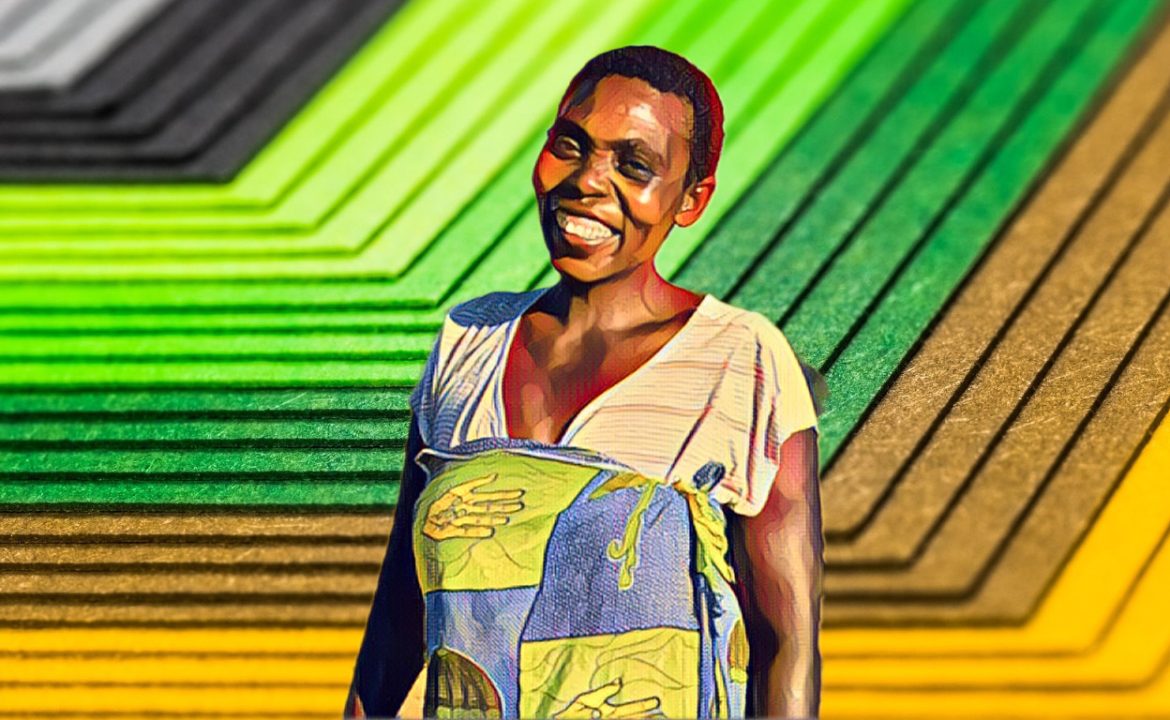I had never set foot in Binga before, but I had built an image in my mind from the stories I’d heard—an image far from reality. Binga is best described with four words: vast, surreal, unreal, and beautiful. Yet, this seemingly idyllic place presents a harsh reality for its residents, marked by drought, scorching temperatures, and scarce rainfall.
As a tourist spot, Binga is perfect. It borders the Zambezi River and offers opportunities to explore safaris. But for those who live here permanently, life is a different story.
The landscape itself tells a story of hardship. This is why organizations like the Adventist Development and Relief Agency and the World Food Programme are here, working to make a difference. In mid-April, I traveled to this remote area in Matabeleland North province to document our efforts in the Integrated Resilience Building Programme (IRB). This initiative focuses on rehabilitating previous Food for Assets sites to help families in Binga prepare for future crises such as droughts, floods, and diseases. Our goal is to improve their food security and resilience.
As I moved from one project site to another, the impact of the IRB became clear. In a place as dry as Binga, the sight of families accessing fresh, clean water was a powerful testament to the importance of our work. Some communities were already reaping the benefits, while others were just starting.
One moment that particularly stood out to me was meeting Catherine Munenge, a 43-year-old woman at the early stages of a community garden project. Her story was a stark reminder of the daily struggles many face here, casting a shadow over what had been an otherwise hopeful visit.
Our conversation took place near a nearly completed borehole. Catherine greeted us with a warm smile, but her eyes revealed the weight of her hardships. She spoke with grace and dignity, despite the challenges she faced.
“Right now, I’m gathering wild okra, our main source of food. When it rains, this type of okra sprouts again,” she explained. “We pick it fresh and also dry some to ensure we have enough during the dry season. This year, however, the yield was small because of the lack of rain.”
She continued, “I’ll prepare a meal for myself and my two children with this okra. We have no other vegetables unless there’s enough rain for them to grow. This prolonged dry spell has devastated the crops we rely on for sustenance.”
Listening to Catherine, I felt a deep sense of helplessness. We had come to monitor a project that would change lives, yet at that moment, it felt like we could do nothing to ease her immediate struggle. Our vehicles, once a symbol of our mission, now seemed like a burdensome reminder of our limitations.
Though we couldn’t provide immediate relief, I knew our work was making a difference in the long term. My colleagues, more experienced in humanitarian work, often remind me that while we can’t solve every problem, making a difference in even one life is significant.
Yet, I couldn’t shake the feeling of wanting to do more. Many like Catherine face food insecurity due to the El Niño-induced drought. While our project is helping some, countless others still need support. The question remains: will we be satisfied with what we’ve accomplished, or will we strive to do more? As for me, I’m determined to find a way to help even more people.
This was my experience in Binga, a journey that left me both inspired and challenged, eager to contribute more to those in need.
Source: Newsday


